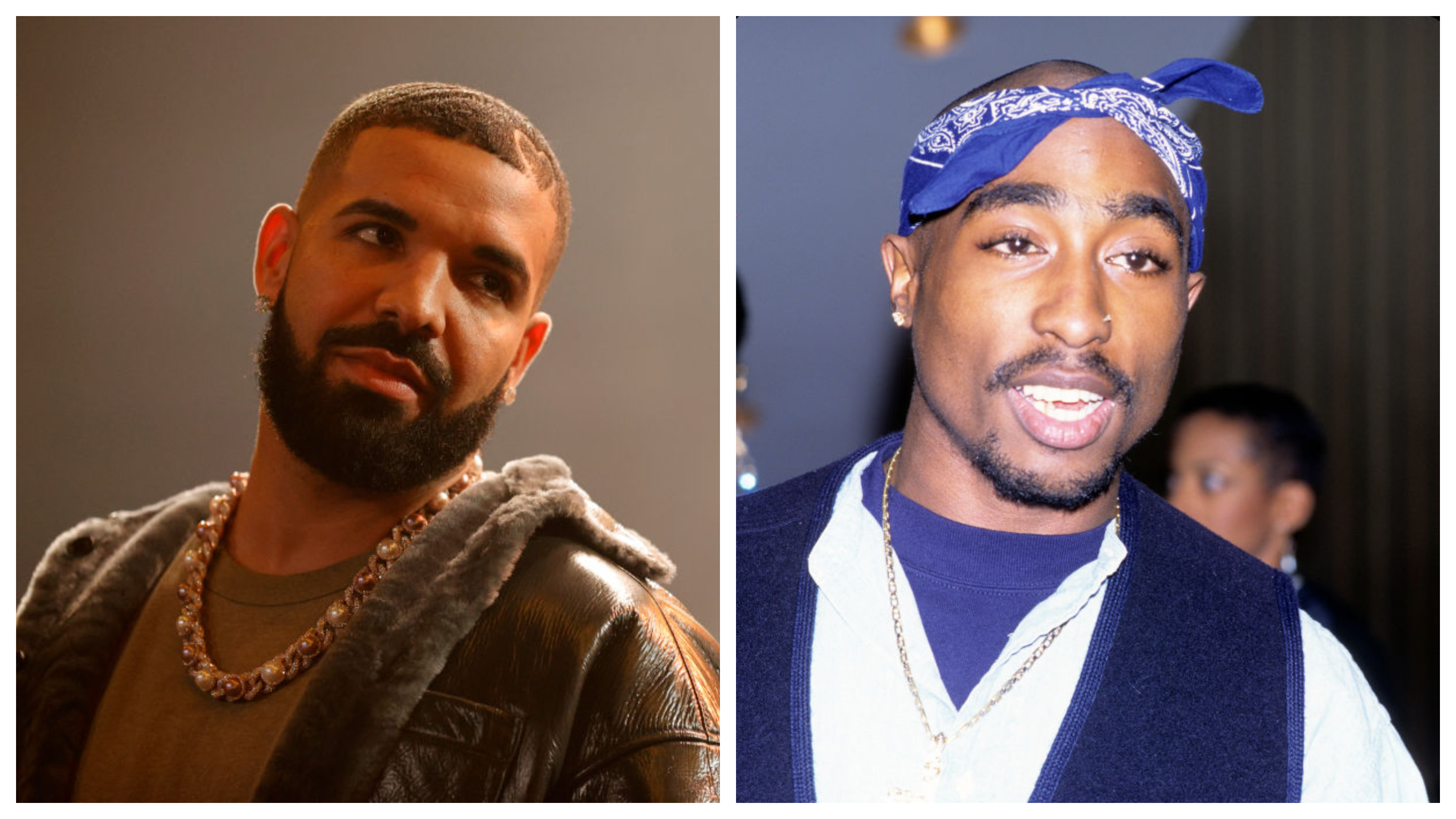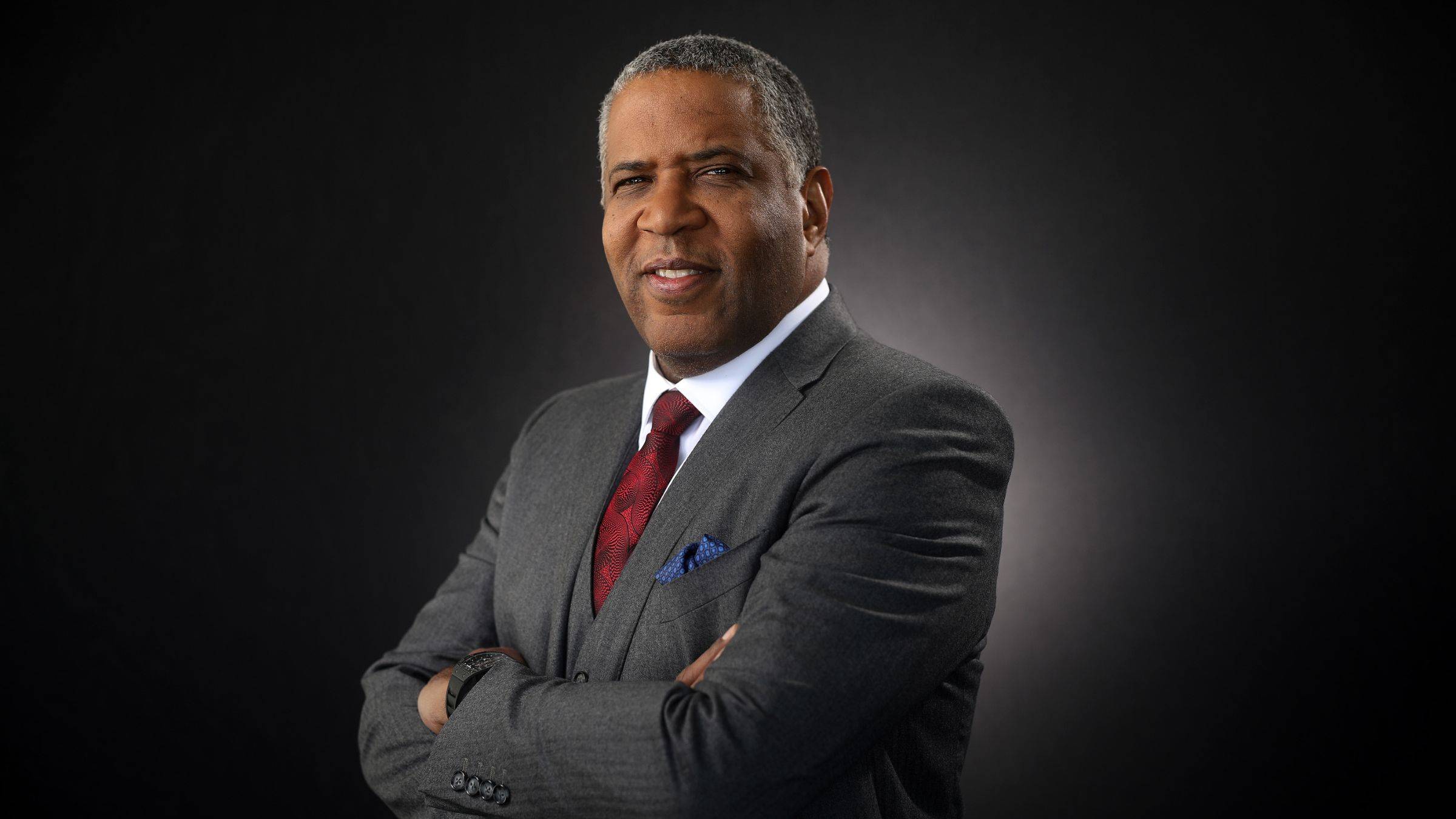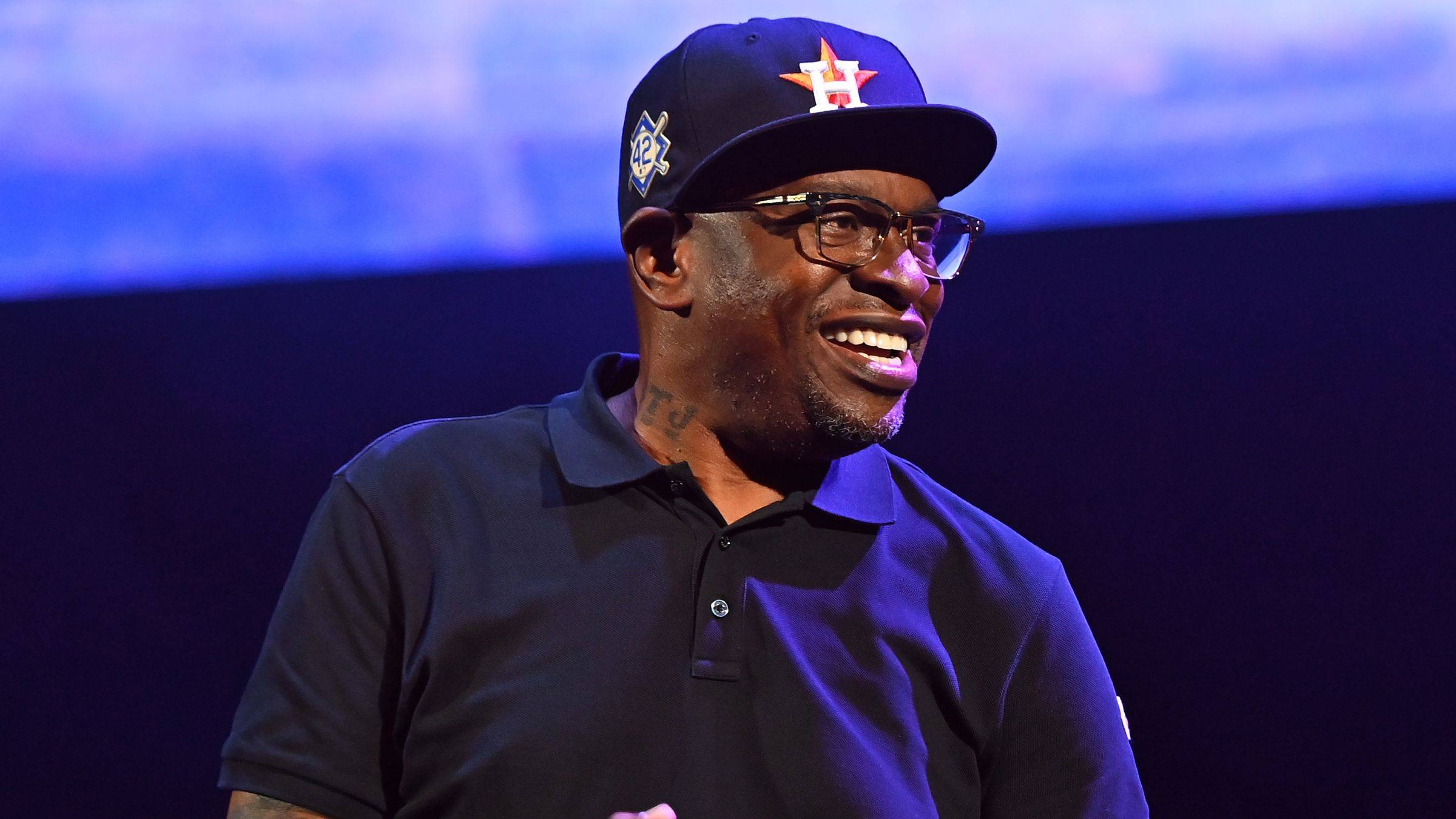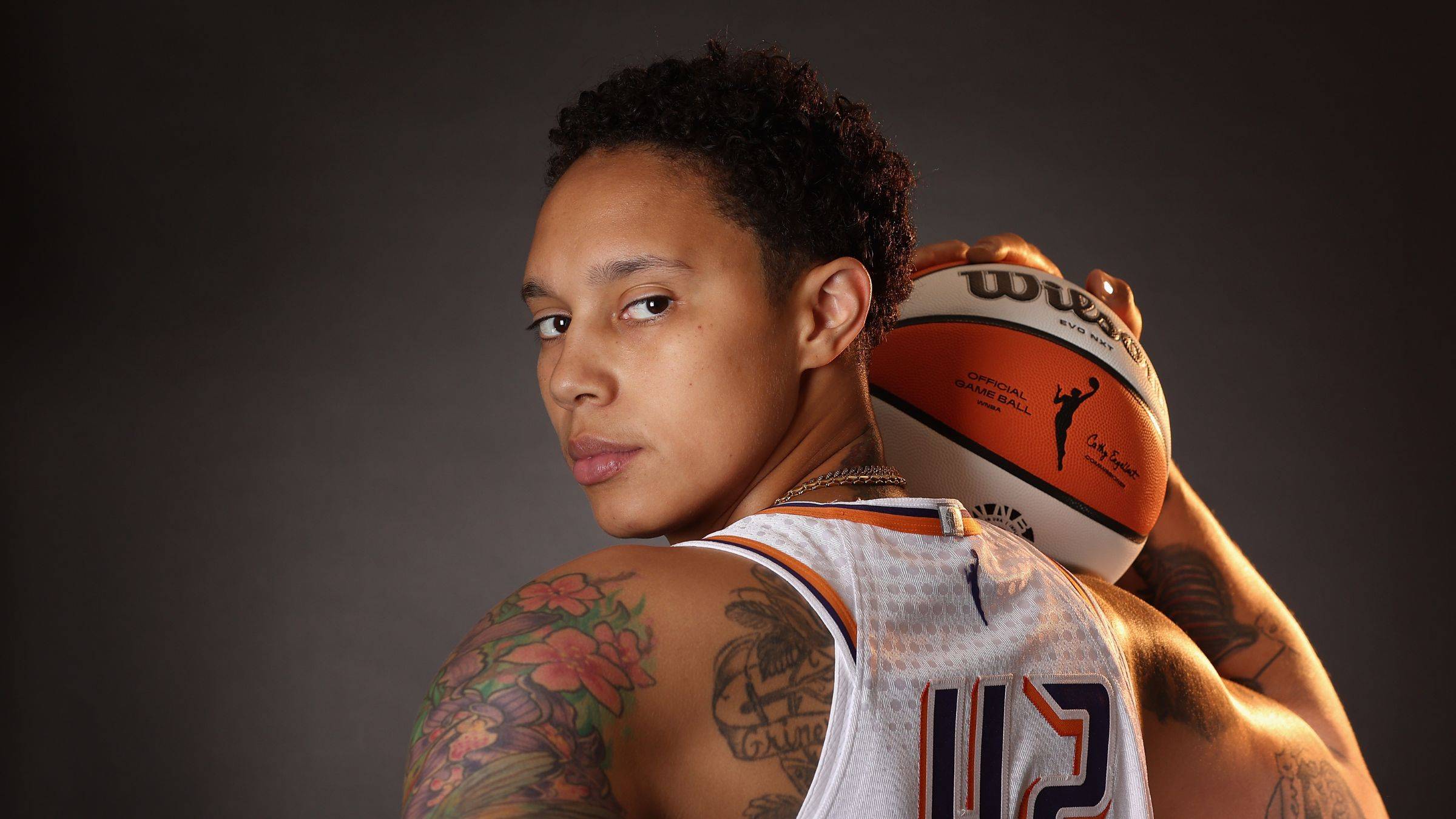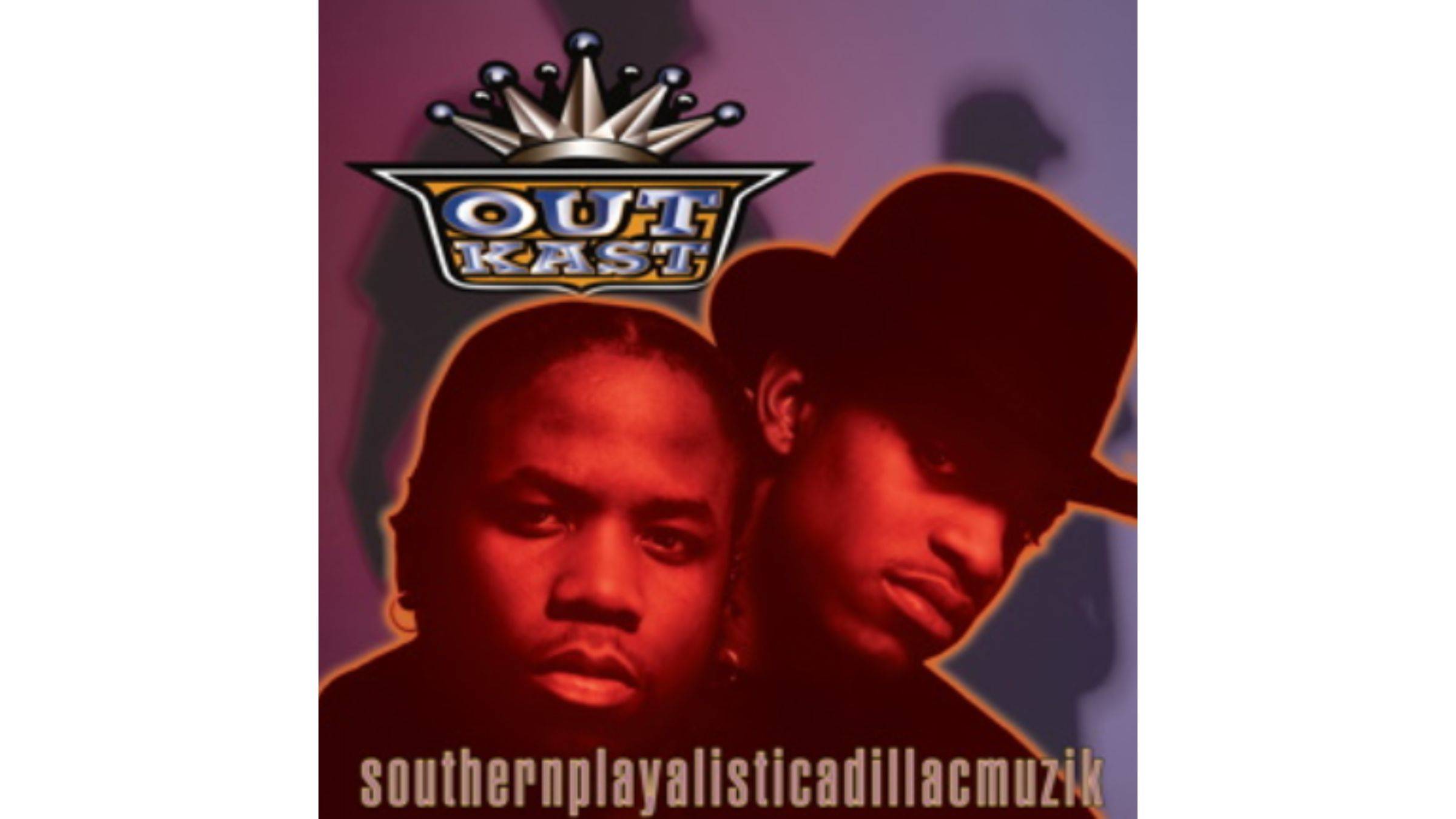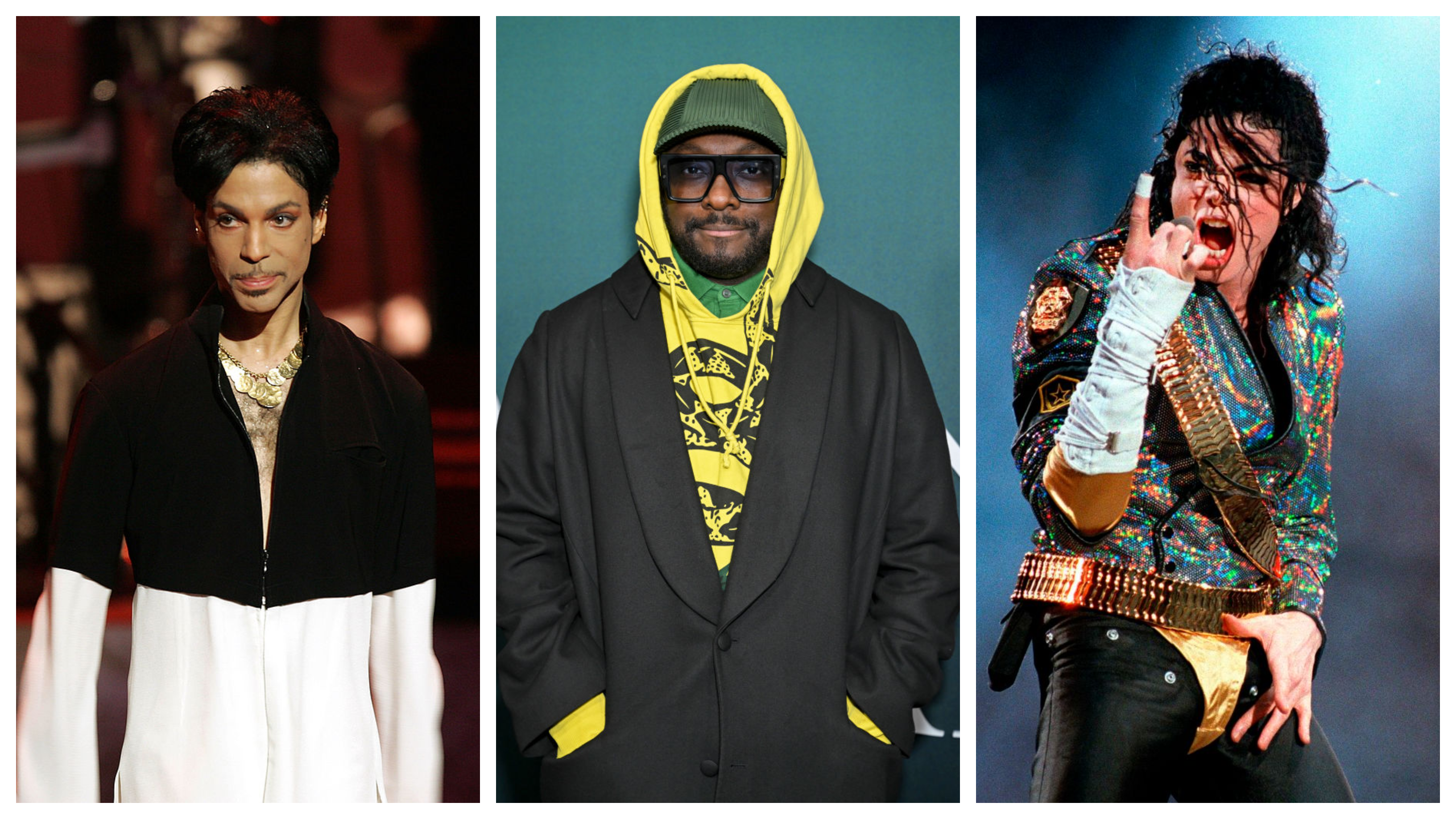Judith Browne-Dianis, a Civil Rights Voice of a New Generation

Anyone who has watched any of the many television interviews and public appearances of Judith Browne-Dianis, the co-director of the Advancement Project, can’t help being struck by the passion she brings to discussions of civil rights.
In particular, she has been a leading force in fighting against the restrictive voter identification laws that have been enacted by Republican-controlled legislatures in a number of states. Indeed, she is considered one of the principal voices in the civil rights leadership of this generation.
That passion is on full display when she discusses the changes in voting laws enacted around the country. She has been a central figure in denouncing the restrictive voter ID laws in Pennsylvania that are now being weighed in that state’s court, changes that could prevent more than 700,000 residents from casting ballots in November.
“This is a critical issue because voting is the ultimate way that we exert our power," she said, in an interview with BET.com. “There are politicians who want to silence our communities. And I’m not going to let that happen on my watch.”
Browne-Dianis is a striking presence in a civil rights firmament long dominated by men.
“We need to have women as a string part of this conversation,” said James B. Peterson, director of Africana Studies at Lehigh University. “She demonstrates the value of having a woman’s voice at the table. She brings empathy and passion, rooted in a deep knowledge of the issues and the law.”
Indeed, her background is rooted in law. A graduate of the University of Pennsylvania, she graduated from Columbia Law School before working in the Washington office of the NAACP Legal Defense Fund.
In 1999, Browne-Dianis and a few other colleagues from the Legal Defense Fund founded the Advancement Project, a civil rights organization.
“We wanted a new model of what a civil rights group looks like,” Browne-Dianis said. “We support grassroots movements. We don’t just litigate. We believe that, to create change, we have to change hearts and minds. And we do that through communications and strategy.”
She has fought to protect the rights of displaced Hurricane Katrina survivors. She was instrumental in securing a victory in Kirk v. City of New Orleans, which barred the city from bulldozing homes without first giving home owners opportunity to challenge the demolition. She has also worked in advocating the rights of prisoners and ex-offenders.
A native of Queens, New York, Browne-Dianis said she developed a fervor for civil rights advocacy by a host of experiences, from being the victim of discrimination in a non-civil rights workplace to watching the experience of people in her own community.
She said she was first exposed to civil protest at 3 years old.
“I had a mother who was a community activist,” she said, explaining that residents in her neighborhood had petitioned for a stoplight on an intersection where a child had been killed walking across the street.
“The mothers got together and had the kids in the neighborhood block the street to dramatize the need for the stoplight,” she said. “In the end, we got the stoplight. I guess it’s in my blood.”
BET Politics - Your source for the latest news, photos and videos illuminating key issues and personalities in African-American political life, plus commentary from some of our liveliest voices. Click here to subscribe to our newsletter.
(Photo: Courtesy of W.K. Foundation)
